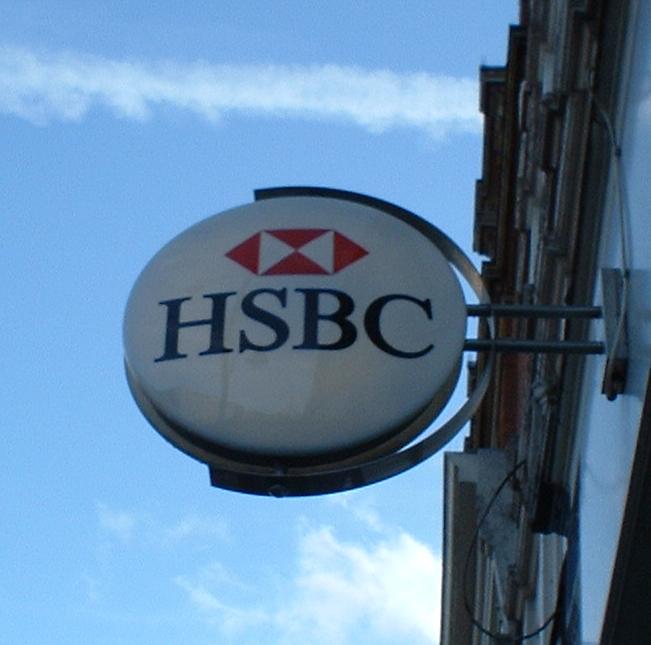UK Financial Conduct Authority Acts to Improve Financial Crime Issues at Challenger Banks
The U.K. Financial Conduct Authority has published the findings of its multi-firm review into financial crime controls at challenger banks. The FCA undertook the review in 2021 in response to the 2020 National Risk Assessment of money laundering and terrorist financing, which highlighted the risk that quick onboarding processes advertised by challenger banks could appeal to criminals. The FCA’s review revealed that technology is being used well to identify and verify customers quickly and that there are not many differences between the financial crime risks facing challenger banks and those posed to traditional retail banks. However, there are several areas…








